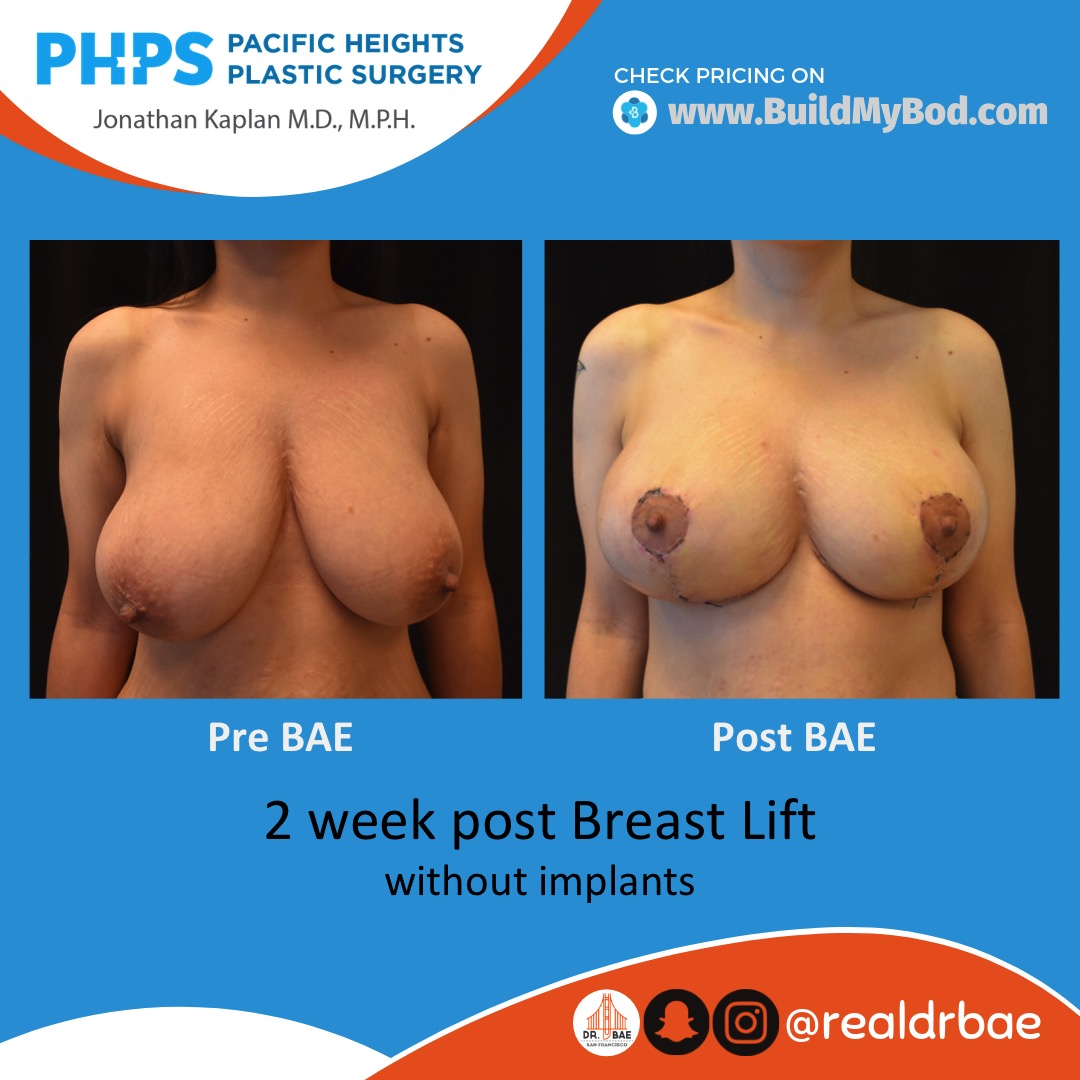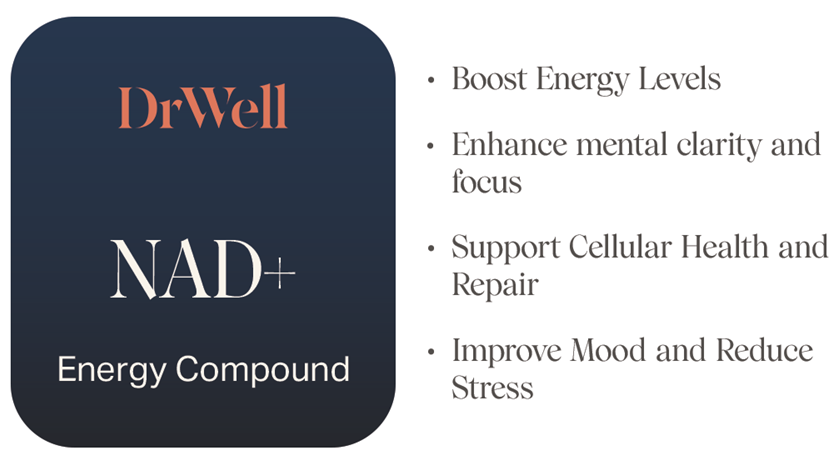
Dr. Jonathan Kaplan, founder/CEO of BuildMyBod Health will be speaking at the Mountain West Society of Plastic Surgeons tomorrow morning at 8:15 at the Resort at Squaw Creek in Lake Tahoe. The topic: his experience with buying a practice in San Francisco almost 6 years ago.
Buying a Practice: Mountain West Society of Plastic Surgeons
When Dr. Kaplan was looking to buy a practice, the doctor selling the practice to Dr. Kaplan settled on the purchase price in the following way. He chose the net revenue from injectibles (Botox and fillers) over the course of a year. In other words, how much did he bring in over the course of a year from Botox and fillers, then subtract the cost of the botox and fillers. He then multiplied that by two. Apparently that’s a thing – a valuation based on multiples.
To his credit, he based the value on injectibles only, not surgery. In his opinion, the most likely patient to return to continue seeing the buyer (Dr. Kaplan) would be non-surgical patients who typically receive injections every 3-6 months. Therefore, surgical patients who may never return, were not included in the valuation.
The question a buyer has to ask themselves is what are they buying. Buying a database of patients is tricky because it’s not clear how many will return to see the new doctor. In Dr. Kaplan’s case, only 151 patients (8.66% of his patients) ever came to see him. That might not sound like a lot but those 151 patients each spent an average of $5,214 over the subsequent 5 years.
Even with that revenue, the main value in this particular practice was the existence of the already-accredited office-based operating room. That was the main reason Dr. Kaplan wanted this practice in the first place. This allows the office to provide a private, VIP experience to patients. This way, they don’t have to have their breast augmentation in a hospital where the risk of infection is greater.
How to increase your valuation
When Dr. Kaplan took over the practice, there were 1,744 patients in the database. The existing email database had only 200 email addresses! After scouring, the patient charts, Dr. Kaplan found more email addresses, bringing the total from 200 to 819.
What Dr. Kaplan found over the last 5 years was that there’s more potential value in an email database of existing patients and potential patients (leads generated) than just a patient database. Consider that a doctor will always have more leads than actual patients. It stands to reason. A practice markets themselves to generate leads and there’s a natural attrition through the sales funnel from leads to actual patients. So, the database of leads is greater than the database of patients.
In preparation for the sale of a practice, it would behoove a doctor to aggressively generate as many leads as possible so that when they turn over the practice, they have more than just a database of patients that have already been in to see the doctor. They also have a database of potential patients that may not have received treatment from anyone.
After a review of the numbers, Dr. Kaplan’s current patient database after 5 years comes to a total of 4,376. But the total database of patients and leads (email addresses and phone numbers) is 8,500! That means that the email database of real and potential patients is double what the patient database is.
What sounds more valuable, a database of 4,376 or 8,500?!




